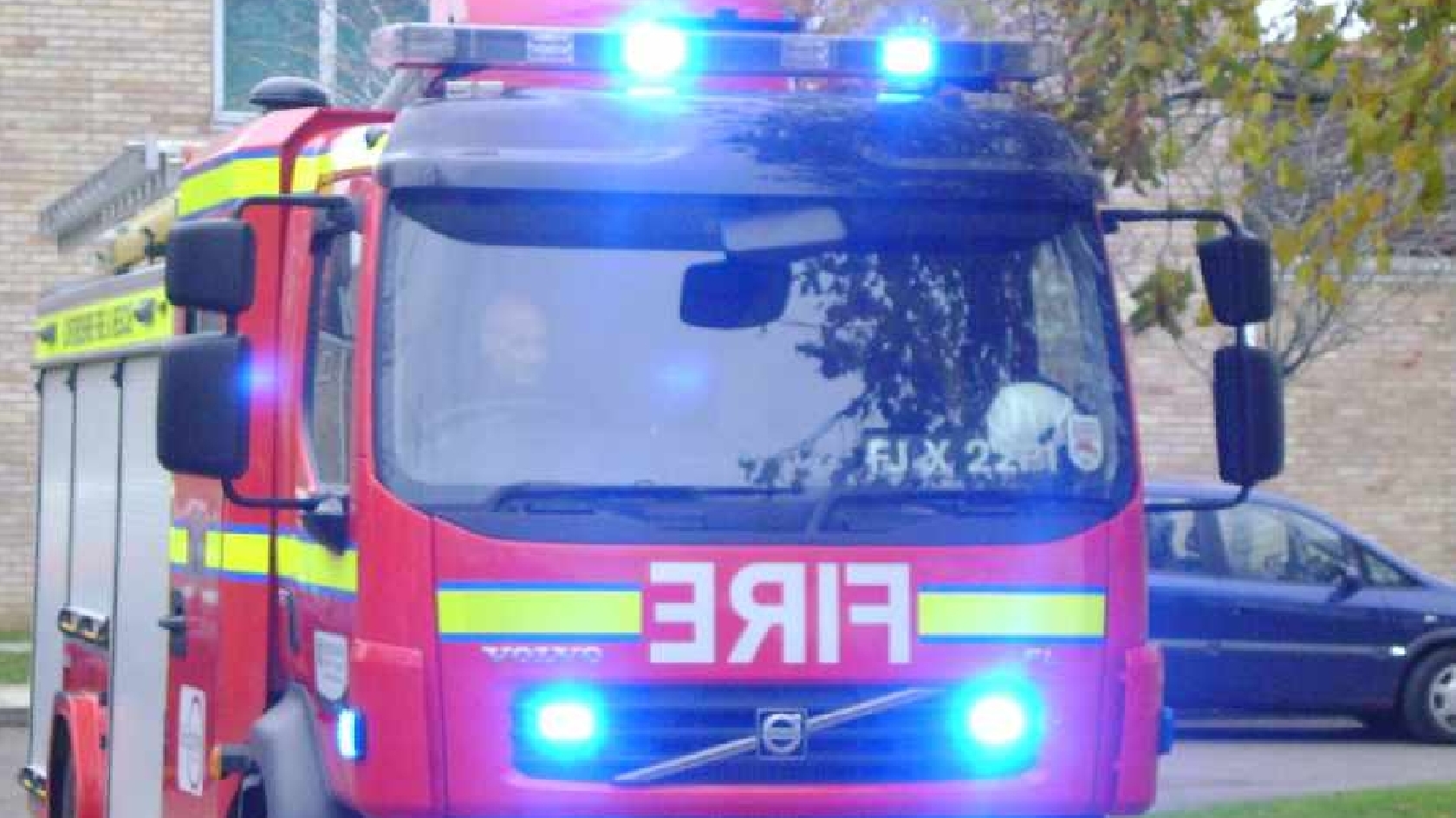A world-first study has scientifically validated that a dog's nose may hold the key to prostate cancer detection.
Medical Detection Dogs, based in Milton Keynes, worked alongside a team of global scientists from the Prostate Cancer Foundation (PCF), Massachusetts Institute of Technology (MIT), and Johns Hopkins University in Maryland.
Observations dating back to the mid-2000s have shown that dogs can accurately sniff out early prostate and other cancers with impressive accuracy, but researchers have not known exactly what elements of scent the dogs were detecting and how they were processing the information.
In a new paper published today in PLOS ONE, for the first time researchers combined three approaches – canine olfaction detection, artificial intelligence (AI)-assisted chemical analysis of the volatile organic compounds (VOCs) in urine samples, and microbial analysis of the same urine samples of men who underwent biopsy for suspected prostate cancer.
A four-year-old Labrador and a seven-year-old Vizsla were trained to detect the odour of prostate cancer in urine samples collected from patients with the disease, including Gleason 9 prostate cancer – the most lethal tumours that would benefit the most from early detection.
Results showed the dogs’ olfaction system was 71 percent sensitive – the rate at which the dogs correctly identified positive samples – and 70-76% specific – the rate at which the dogs correctly ignored negative samples including those with other diseases – when detecting Gleason 9 prostate cancer from blinded samples.
The dogs also correctly identified when 73% of blinded patient samples did not have the disease. This compares favourably to the most commonly used prostate cancer test, the PSA blood test, and demonstrates how a new screening tool based on the dog’s nose could support the PSA test and improve early diagnosis, leading to better health outcomes and saving lives.
This is the first truly controlled study – both human researchers and dogs were double-blinded on which samples were from cancer patients versus otherwise healthy patients.
The findings demonstrate that canines can be trained to detect the most aggressive and lethal form of prostate cancer from the VOCs. While previous studies using analytical techniques such as Gas Chromatography-Mass Spectrometry (GC-MS) to identify individual molecules performed well under tightly controlled laboratory conditions, this new work takes into account the dynamically changing background odour environment of the real world.
Identification of the molecules in the odour could lead to the development of an artificial dog nose that detects prostate cancer in urine in much the same way biosensing machines known as machine olfactors are beginning to learn from the way trained dogs sniff out drugs and explosives, which also have unique molecular odorant signatures.
Dr. Claire Guest, Co-Founder and Chief Scientific Officer of Medical Detection Dogs and lead study author, said: “This study showed that a dog’s nose could hold the key to an urgently needed, more accurate, and non-invasive method of early prostate cancer diagnosis. Specialist-trained cancer detection dogs, Florin and Midas, detected extremely aggressive prostate cancers quickly and accurately from urine samples, even discriminating these against urine from patients that had other diseases of the prostate.
"This additional information could support the PSA and would provide earlier, non-invasive, sensitive detection of clinically aggressive prostate cancers that would most benefit from early diagnosis, simply from a urine sample. This has enormous potential and in time the ability of the dogs’ nose could be translated to an electronic device.”














